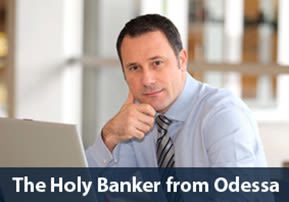
The Holy Banker from Odessa – Never Despair!
He was on the verge of bankruptcy and about to commit suicide; a book fell on his head. He opened its cover and read, “There’s no despair…”

Compiled and edited by Ziv Ritchie
In Odessa, there was a Yid, a banker. He was a little bit religious. I don’t know the way assimilated Jews would live in those days. He had a bank, he was very rich, but he was a little bit connected to Yiddishkeit.
One day his accountant brings him all the books. He looks at the books… he sees one thing: Unless I have two million rubles in four days, I am bankrupt.
Today when people are bankrupt, you know what they do? First thing, they go to Switzerland, and send a letter to all the people they owe money: “I wish you were here.” What is declaring bankruptcy today? It is a joke, you declare bankruptcy, and you never pay the people back. In those days, in Russia, if you are bankrupt, you were  on the next train to Siberia. Heavy. Heavy, heavy.
on the next train to Siberia. Heavy. Heavy, heavy.
So it was clear to him. ‘The first thing I am doing after four days if I cannot get the two million rubles together is, I am committing suicide. I don’t want to go through Siberia, and I can’t go through this whole thing.’
So he went to a pharmacy, he got himself some real heavy drugs, poison. But then he thought, ‘Where should I commit suicide? At home? I have little children. I don’t want to do it there.’ He decided, ‘I will do it in shul [synagogue].’
He went to shul, and you know, today a shul has sidurim [prayerbooks] in those days, the shul had sforim [holy books], and there were mamash Shasim [books of Talmud]. On the highest shelf, he put the poison under a sefer [holy book]. He waited four days. He tried everything. Mamash, he thought he has good credit. He didn’t get a penny. On the fourth night, it was clear to him, ‘Tomorrow morning they will find out that I am bankrupt, I am committing suicide.’
He goes to shul. In those days, this was a long time ago, maybe one hundred and fifty years ago, there was no electric light then, just little candles. He puts a candle on the table, and puts his hand to take out the poison. He was shaking so much that a lot of books fell down. Nebuch.
And, if some of you know, Likutei Moharan, Rebbe Nachman’s sefer, in the first print, there is a whole page. On the page it says, “Reb Nachman says: Yidden, don’t ever give up.”
The sefer fell down, and he wants to pick it up. He bends down and he sees; Reb Nachman says: Don’t ever give up.
So it was mamash clear; what a message before you want to commit suicide. So you know what he did? He took that sefer, put the candle on the table, and just looked at the page all night long. He says, “Rebono Shel Olam, if you send me this message, I am begging you, Rebono Shel Olam, don’t disappoint me. I am not committing suicide tonight, please let a miracle be tomorrow.”
To make it very, very short, for five days, every day, when he was in his office, every time there was a knock on the door, he was sure it was the police. But nothing happened. For five nights, every night he was sitting in the shul all night long looking at this page.
On the fifth day he gets a letter from a bank in Amsterdam, and they write to him, ‘Please forgive us a thousand times. Ten years ago we took a loan from you for two million rubles. We completely forgot to pay it back, and we just found in our books that we never paid it back. We are sending it to you.’ Gevalt.
So that night he goes back to the beis medrash [Synagogue study hall], and takes the book again. Then he thinks, ‘I don’t even know who wrote this book.’ So he sees; Heilege [holy] Reb Nachman, grandson of the Baal Shem. And then he opens the book. He knew Hebrew well. He opened the book to the first torah, ‘Ashrie Temimei Derech. You have to put in your koach [strength] into davening [praying].’ He thought, ‘Ahh, this is so beautiful, so beautiful.’
And this was the first night he was a little bit relaxed, he fell asleep on the sefer. In his dream…
You know, Reb Nachman, nebuch, we should all live long, he passed away when he was thirty nine years old. Reb Nachman did not have a long beard, he had a little beard, and peyos [sidelocks]. The Heilege Rishner also did not have a long beard. A little beard, and long peyos.
He sees in his dream this young man, about thirty five, or thirty six years old. He says to him, “I want you to know, my name is Nachman from Breslev, and I am the one who wrote this book.”
And you know, Reb Nachman, before he passed away, he was yelling on top of his lungs, “Yidden, Nisht kin Miyaesh, don’t give up.”
He says, “I want you to know, before I left the world, when I yelled, ‘Yidden, don’t give up.’ I was thinking of you.” Unbelievable.
The Yid, in his dream, says, “So what should I do now?”
He says, “I’ll tell you what you have to do now; I want you to sell your bank. You have enough money to live in Eretz Yisrael. I want you to go to Eretz Yisrael, and I want you to print my book in Eretz Yisrael.”
I just want you to know, I met an old Breslover Chossid in Yerushalayim, who is nearly a hundred years old, and he is a talmid [student] of this Yid. Unbelievable. He was the first one to print Likutei Moharan. And he is a talmid of this Yid. I met him somewhere in a beis medrash in Yerushalayim.
(Excerpt from “Rebbe Nachman Says”, The Teachings of Rabbi Nachman of Breslev as Taught by Rabbi Shlomo Carlebach z”tl)
Rabbi Shlomo Carlebach’s books are available online at the Breslev Israel store.




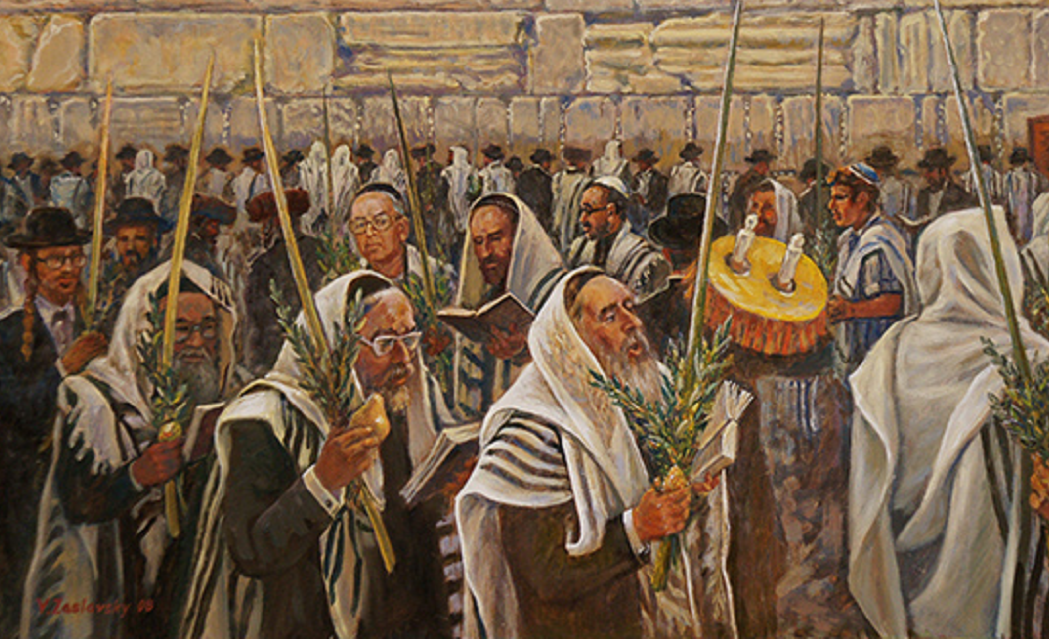
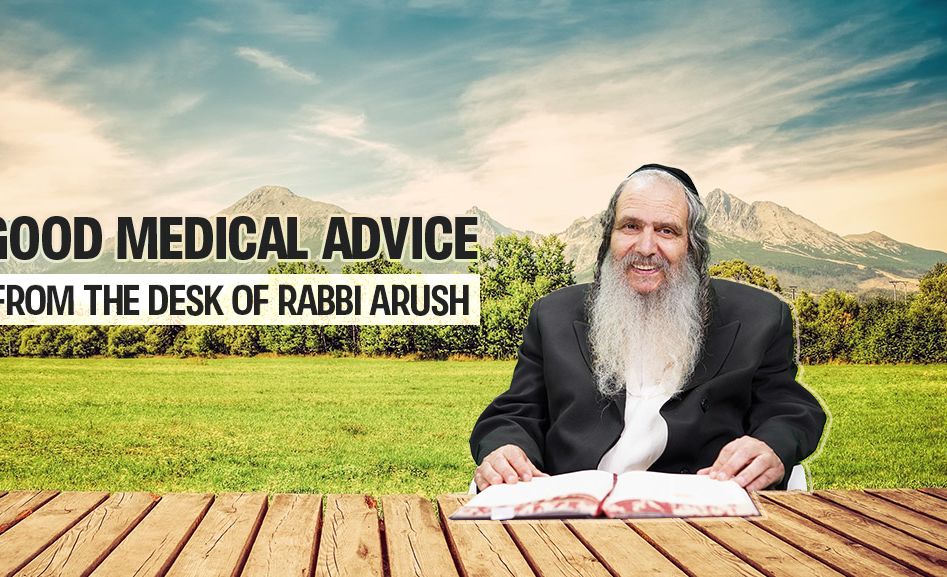


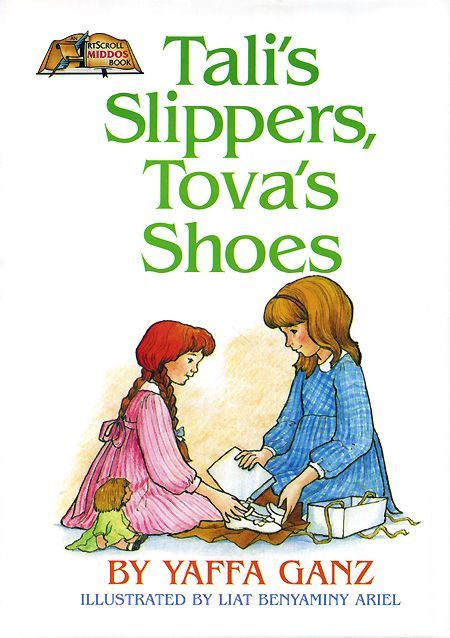


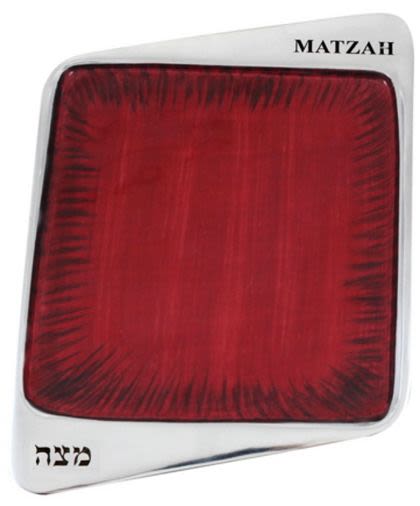
Tell us what you think!
Thank you for your comment!
It will be published after approval by the Editor.